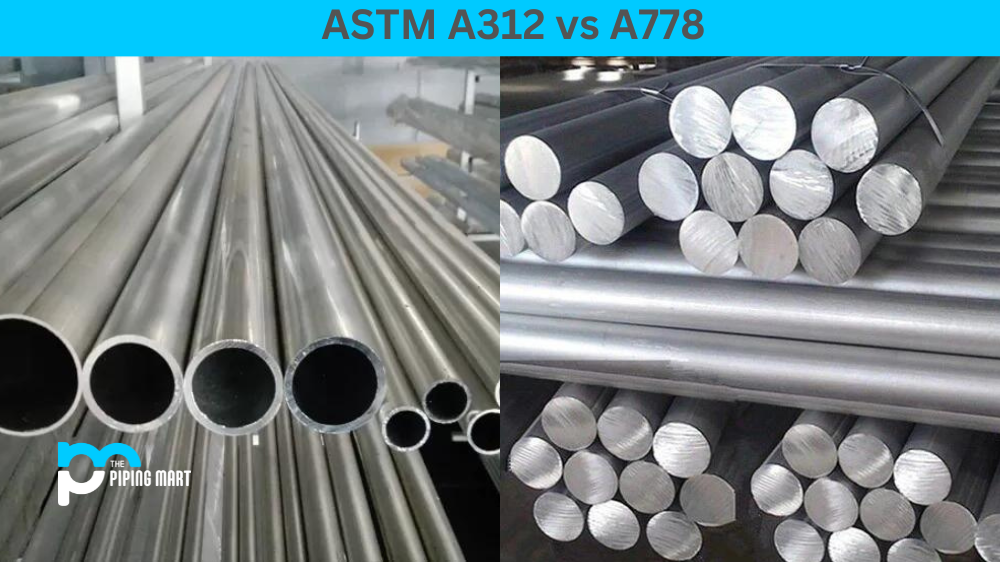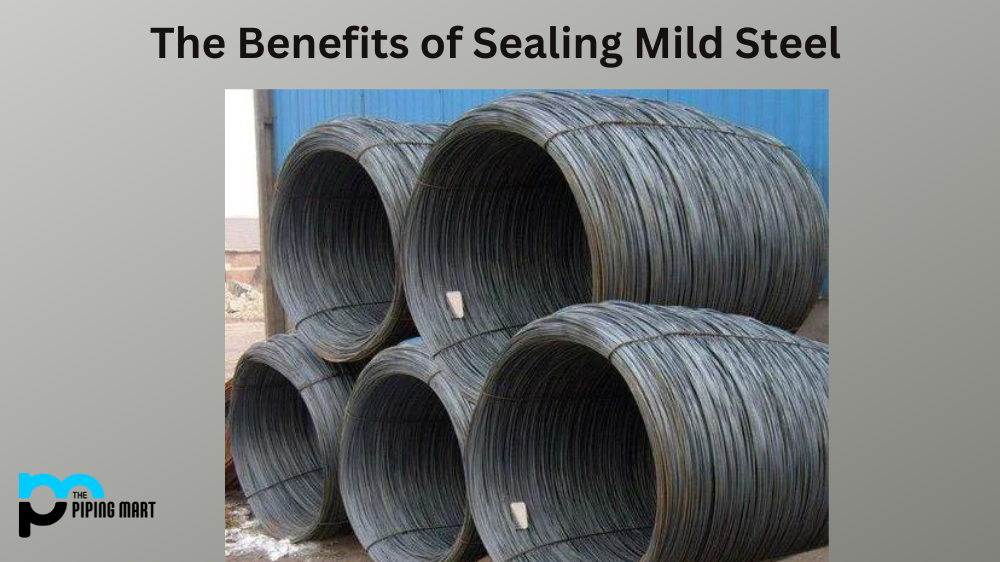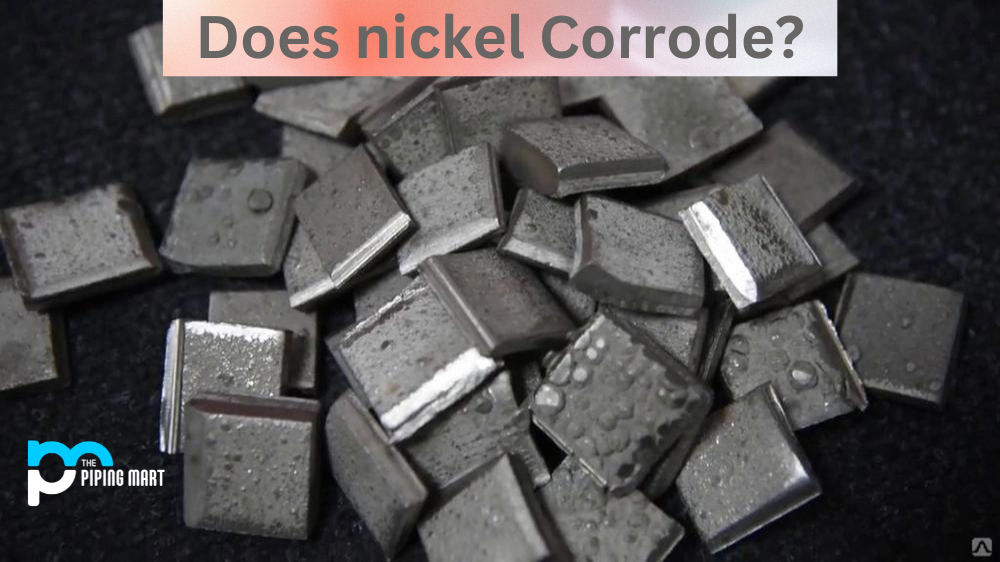When it comes to the manufacturing of stainless steel pipes, choosing the right material specification is crucial. Among the many standardized material specifications for stainless steel pipes are ASTM A312 and ASTM A778. ASTM A312 and A778 offer unique features and benefits when manufacturing stainless steel pipes. Still, it’s essential to understand their differences to choose the right one for your application. This blog post will provide a detailed comparison between ASTM A312 and A778.
ASTM A312
ASTM A312 is a specification for seamless, welded, and heavily cold-worked austenitic stainless steel pipe. The ASTM A312 specification covers lines designed for high-temperature and general corrosive service.
ASTM A778
ASTM A778 is a specification for welded austenitic stainless steel tubing. The ASTM A778 specification covers pipes that have been designed for low-temperature service.
Difference Between ASTM A312 and A778
Material Composition
The primary difference between ASTM A312 and A778 lies in their material composition. ASTM A312 is a standardized material specification for seamless, welded, and heavily cold-worked austenitic stainless steel pipes. It contains grades 304, 304L, 316, and 316L, composed of chromium-nickel alloy with low carbon content. On the other hand, ASTM A778 is a specification for welded austenitic stainless steel pipe intended for general corrosive service and low-pressure applications. It contains grades 304, 304L, 316, and 316L with the addition of titanium for stabilizing.
Manufacturing Process
The manufacturing process of ASTM A312 and A778 pipes also differs. ASTM A312 pipes are generally produced through hot or cold rolling, extrusion, and welding. In contrast, ASTM A778 pipes are made through electric fusion welding or EFW, resulting in a product with improved weld reliability and uniformity in shape.
Applications and Uses
ASTM A312 and A778 are widely used in the industrial sector for various applications. ASTM A312 is commonly used in high-temperature applications that require high-quality stainless steel materials. Examples are steam boilers, heat exchangers, and pressure vessels. On the other hand, ASTM A778 is commonly used in low-pressure and general corrosive service applications such as chemical processing plants, water treatment facilities, and food processing plants.
Mechanical Properties
Another significant difference between these two ASTM material specifications is their mechanical properties. ASTM A312 has higher mechanical strength than ASTM A778, making it suitable for high-pressure applications. ASTM A312 materials have a tensile strength ranging from 515 MPa to 690 MPa (75,000 to 100,000 psi). Meanwhile, ASTM A778 materials have a lower tensile strength ranging from 365 MPa to 515 MPa (53,000 psi to 75,000 psi).
Cost
Cost is also vital when selecting a material specification for stainless steel pipes. The manufacturing process for ASTM A778 pipes is less expensive than ASTM A312 pipes. This is because of the difference in the manufacturing process, as discussed earlier. In addition, the material composition of ASTM A778 contains titanium, which is less expensive than the chromium-nickel alloy present in ASTM A312.
Weldability
The difference in weldability between ASTM A312 and ASTM A778 is that ASTM A312 has better weldability due to the lower carbon content.
Conclusion
Choosing the right ASTM material specification depends on various factors, such as the application, required mechanical properties, and budget. Both ASTM A312 and A778 offer unique features and benefits. Still, their differences in material composition, manufacturing process, applications and uses, mechanical properties, and cost can help determine which one suits your needs. It is always advisable to consult with an experienced stainless steel pipe manufacturer to help you decide which specification is the most appropriate for your application.

Pipingmart is a B2B portal that specializes in metal, industrial and piping items. Additionally, we share the latest information and information about materials, products and various types of grades to assist businesses that are involved in this business.




